Sparking Curiosity About STEM
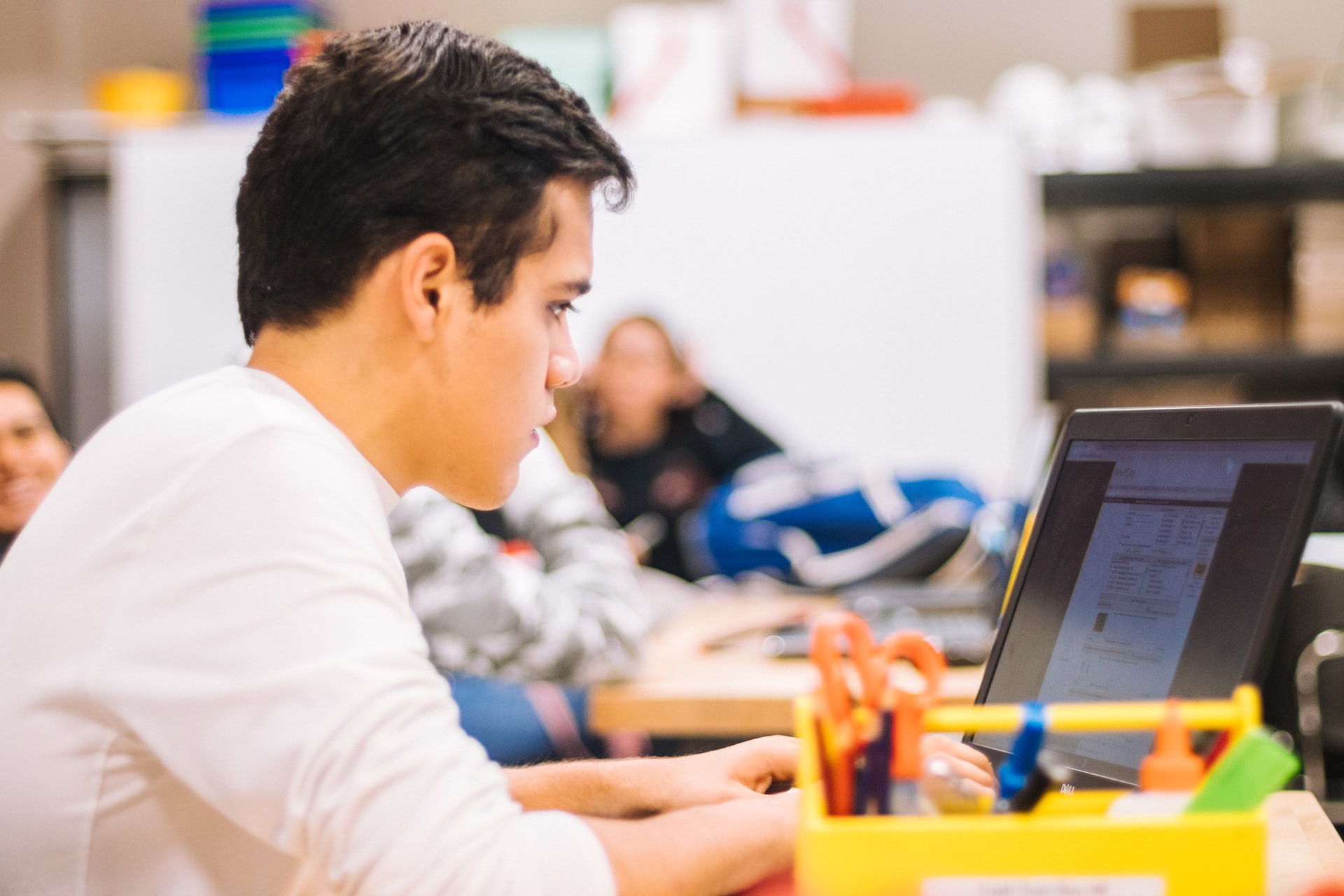 Image source: https://unsplash.com/
Image source: https://unsplash.com/
A monthly after-school activity guides students to have fun exploring science, technology, engineering, and math.
- 0 Comments
- Sep 27, 2021 10:00:00 AM
- Posted by Maria Alejandra Calcetero
- Topics: Robotics, EdTech, STEM, Education, 21st Century Classroom, Special Education, Robots,, students, Technology, VR, Realidad Virtual, STEMchat, Edchat, k12, Virtual Reality, virtual learning, classroom, Tech
How Can Virtual Reality Help with Choosing a Future Career?
By Nancy Howard
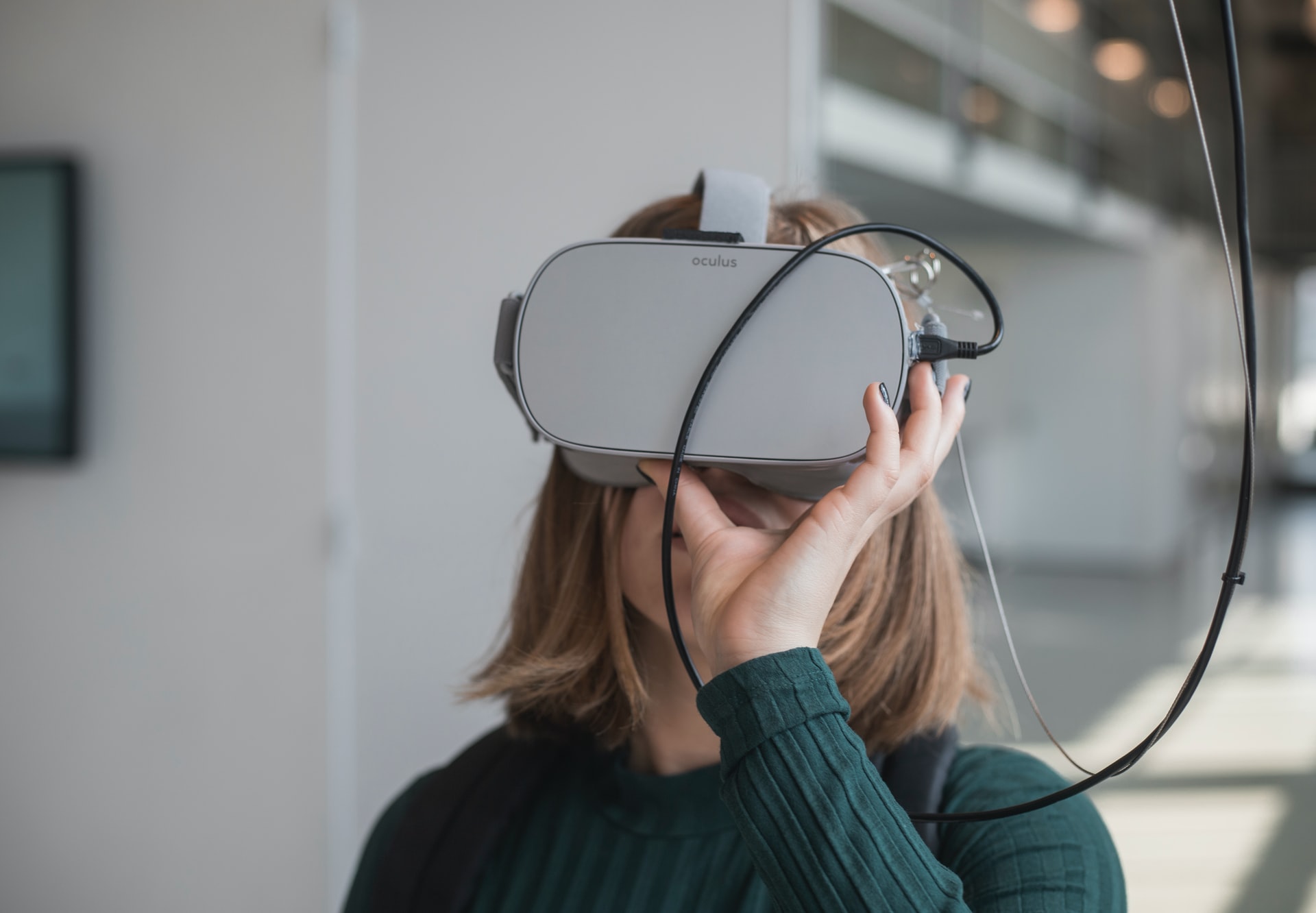 Image source: Unsplash
Image source: Unsplash
Virtual reality is a relatively new technology that is already widely used in various industries. Engineering, design, and entertainment spheres are among them along with the educational and training activities. This technology also helps to follow a virtual reality career path by acquiring jobs in VR related to programming, design, or content creation.
- 0 Comments
- Sep 23, 2021 10:00:00 AM
- Posted by Maria Alejandra Calcetero
- Topics: Robotics, EdTech, STEM, Education, 21st Century Classroom, Special Education, Robots,, students, Technology, VR, Realidad Virtual, STEMchat, Edchat, k12, Virtual Reality, virtual learning, classroom, Tech
How To Use AI To Improve Your Online Lessons
By Nancy P. Howard
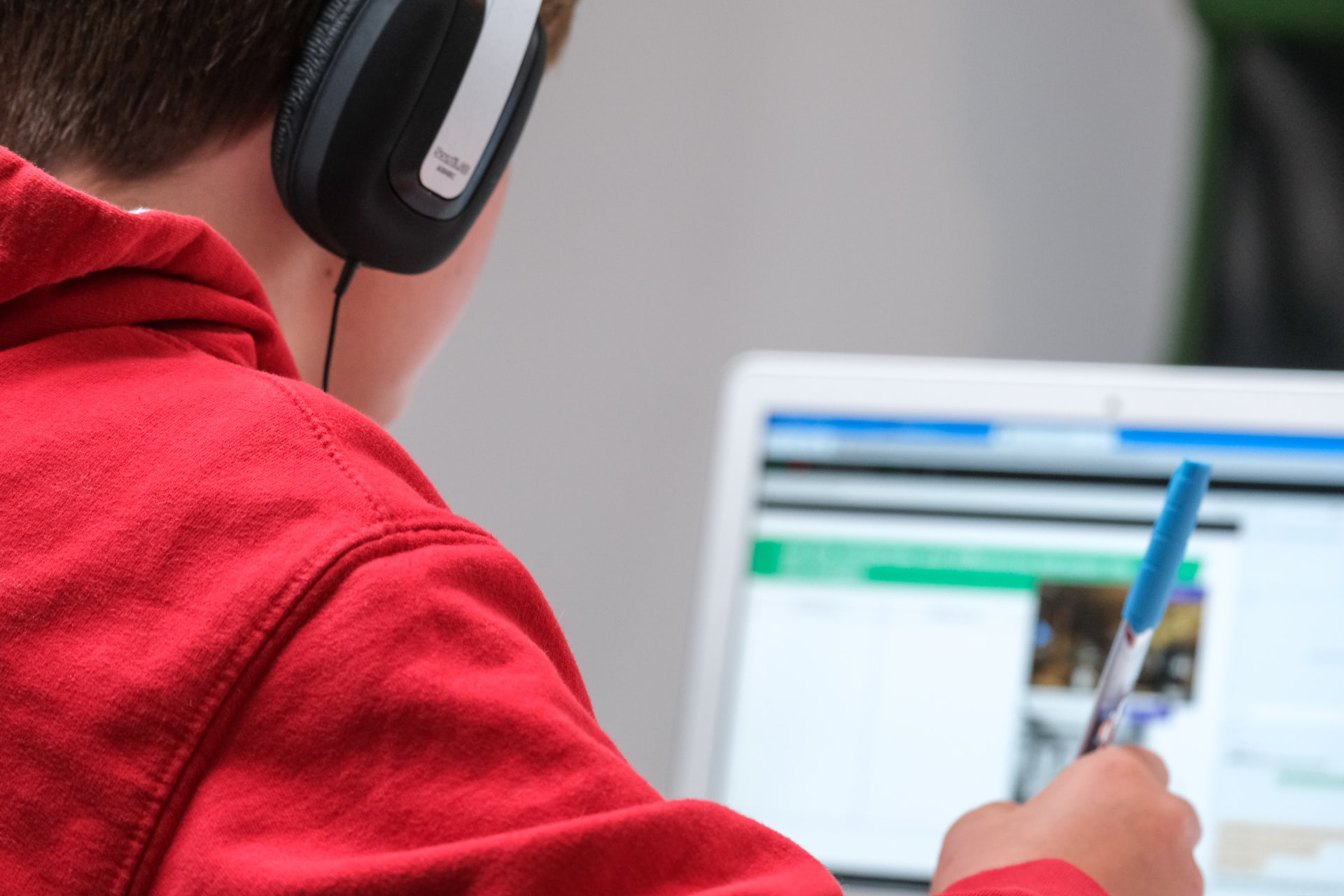 Photo by Compare Fibre on Unsplash
Photo by Compare Fibre on Unsplash
Artificial Intelligence has played an important role in the development of a variety of industries. In fact, it has probably had an impact on any industry you can think of. Examples of new tech such as Pepper Robot which can teach Science, Programming, and Robotics prove just how many opportunities AI opens for educators specifically.
Indeed, there are many ways you can use AI to improve education, especially when it comes to e-learning. Hence, here’s how to use AI to improve your online lessons and how these practices will allow you to deliver better learning experiences to your students.
- 0 Comments
- Sep 1, 2021 10:00:00 AM
- Posted by Maria Alejandra Calcetero
- Topics: Robotics, EdTech, Education, Technology, VR, Realidad Virtual, Edchat, virtual learning
Here’s Why Digital Math Tools Are a Must-Have
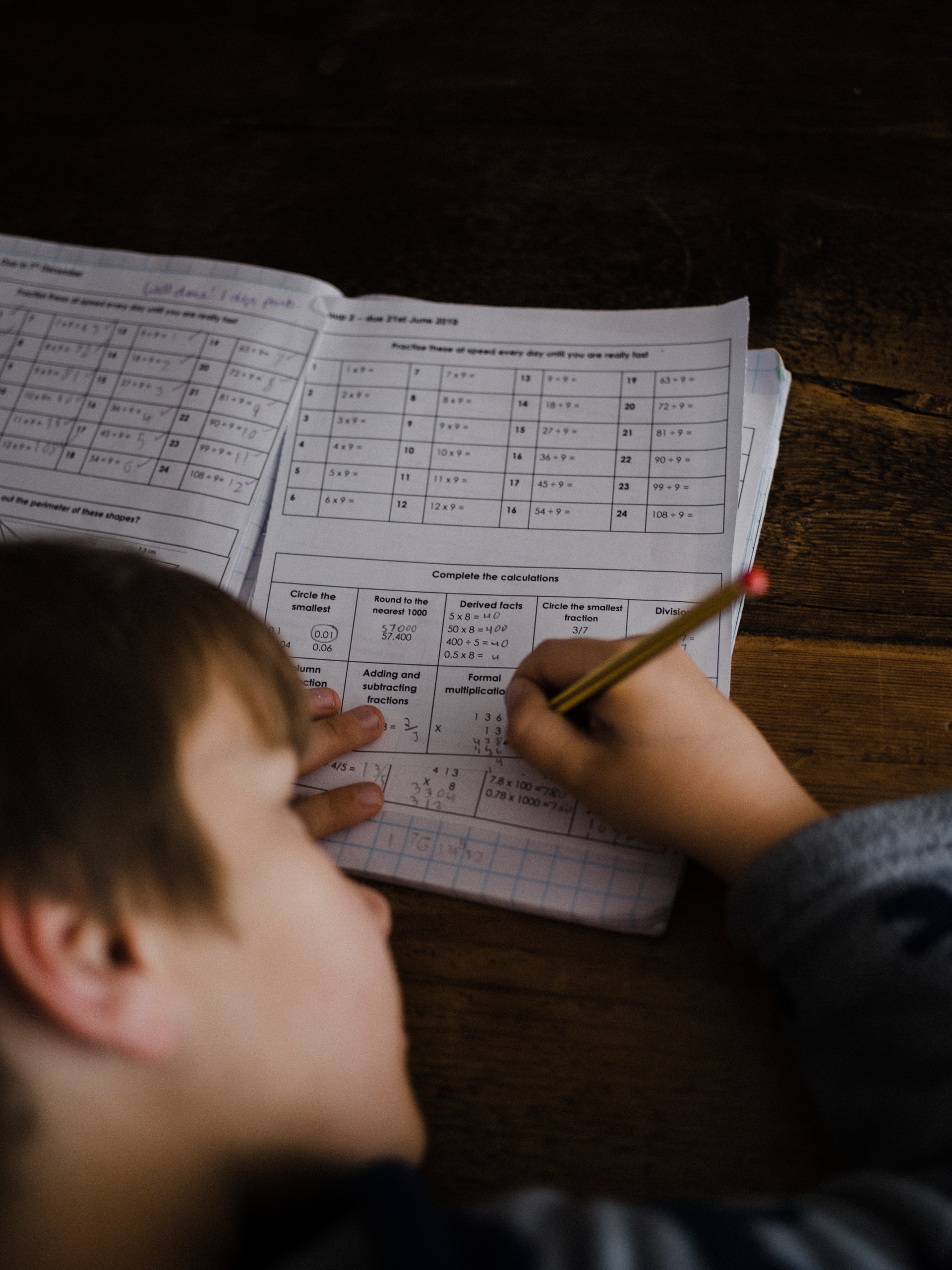 Photo by Annie Spratt on Unsplash
Photo by Annie Spratt on Unsplash
Education technology is a must, in the classroom and beyond--and digital math tools are an integral part of an ed-tech toolbox.
- 0 Comments
- Aug 31, 2021 10:00:00 AM
- Posted by Maria Alejandra Calcetero
- Topics: Robotics, EdTech, Education, Technology, VR, Realidad Virtual, Edchat, virtual learning
Service And Delivery Robots to Aid the Labor Shortages. Bring Automation to Help!
We all heard about the labor shortages that are affecting every aspect of our country in our economy, especially when it comes to the service, food, and hospitality industries.
Without enough employees, companies will only be able to complete a limited number of projects, robots are essentially not replacing individuals, not replacing employees, they are here to augment the people that are working. They are here to automate the mundane tasks that humans should not do! Check the video below and learn how.
Discover more about Business Robots with RobotLAB!
- 0 Comments
- Aug 27, 2021 10:15:42 AM
- Posted by Maria Alejandra Calcetero
- Topics: Robotics, EdTech, Education, Technology, VR, Realidad Virtual, Edchat, virtual learning
VR Expeditions 2.0 won the Tech & Learning Awards of Excellence Back To School for Primary and Secondary Education!
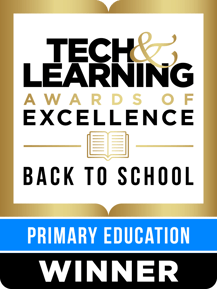 |
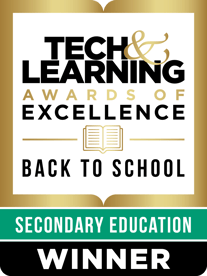 |
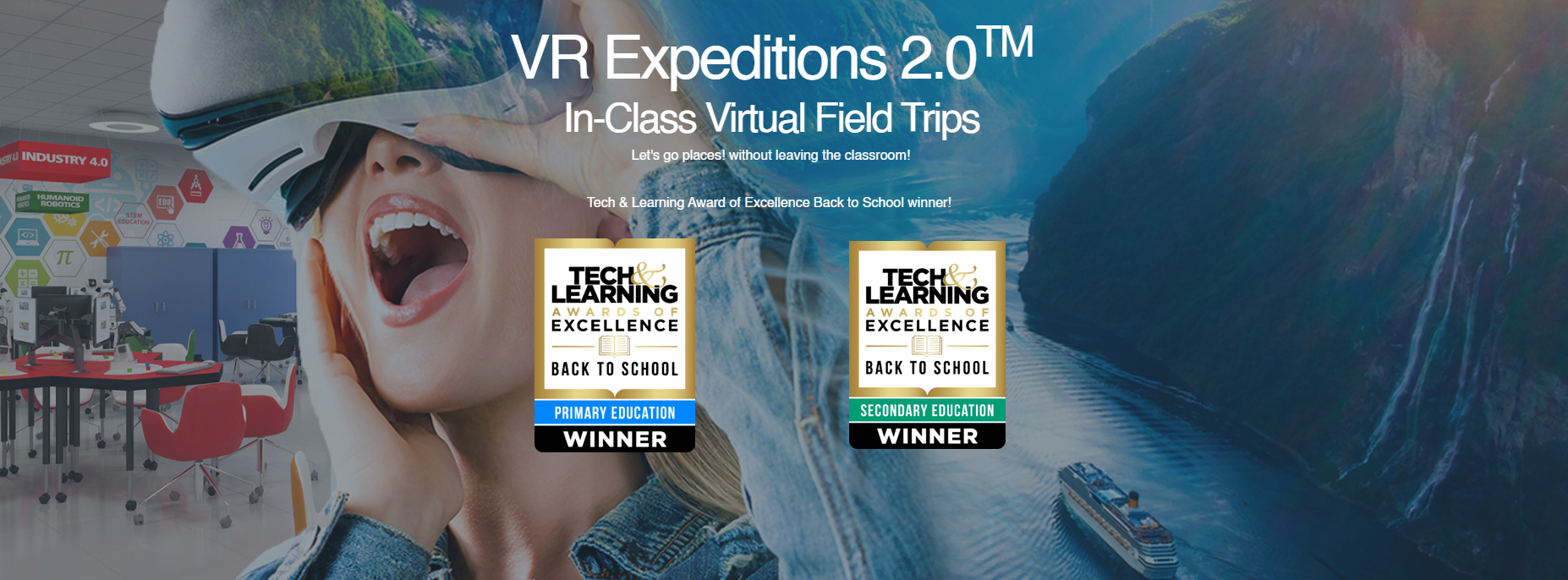
RobotLAB is excited to announce that VR Expeditions 2.0 received the Awards of Excellence Back to School for Primary and Secondary Education by Tech&Learning.
RobotLAB VR Expeditions 2.0™ is inspired by the great work Google did, and following feedback from thousands of educators, RobotLAB created a VR tool tailored to educators’ needs.
In the past four years, RobotLAB was the leading partner for Google Expeditions and the only one certified to ship Google Expeditions Kits globally. Following Google’s decision to stop their VR efforts, discontinuing Google DayDream and the Google Expeditions app, RobotLAB decided to take advantage of this opportunity and introduce VR Expeditions 2.0TM.
Some of the areas of improvement are:
Content – A unique partnership with Encyclopædia Britannica® to bring high-quality, curated, and tailored content, along with student hand-outs and additional teacher resources that make educators' life easier.
Visuals – In Expeditions 2.0™, all the 360-degrees photos and videos are high definition, 4k resolution, and designed to bring the best of the world to your classroom, in HD quality.
Classroom Management – A new feature was developed from the ground up. Now teachers can create playlists and save expeditions for offline teaching, without any need for internet access. Create classes and track the progress per class is an essential tool for educators struggling to manage their time more efficiently.
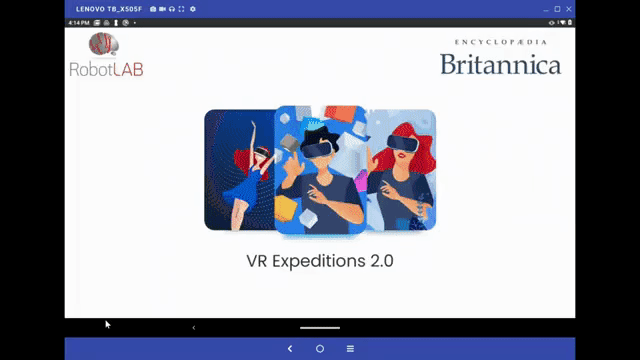
Thank you to all the team, great job!
Learn more about Expeditions 2.0 by RobotLAB!
Let's go places!
- 0 Comments
- Aug 26, 2021 2:00:00 PM
- Posted by Maria Alejandra Calcetero
- Topics: Robotics, EdTech, Education, Technology, VR, Realidad Virtual, Edchat, virtual learning
Is Google Arts and Culture a Good Replacement for Google Expeditions?
Since Google Expeditions was discontinued on June 30, 2021, Google redirects everyone to use the Google Arts and Culture app and presents it as a replacement for Expeditions.
Google listed a lot of content from all around the world in the app, but is it a good solution for in-class virtual reality field trips?
Google Arts and Culture app include many of the experiences that were available on Google Expeditions. However, we at RobotLAB tried and tested the app and there are major differences and issues we wanted you to be aware of.
Our teacher partners have shared with us their thoughts on Google's alternative, and they all mainly agree:
Google Arts and Culture is a great source for content, but NOT suitable for in-class virtual field trips.
- 0 Comments
- Aug 14, 2021 4:30:00 PM
- Posted by Natalia Galvis
- Topics: EdTech, STEM, Curriculum, teachers, Coding, students, Expeditions, VR, Realidad Virtual, Edchat, Digital Technology, Google Expeditions, teaching, online, Virtual Reality, Expeditions 2.0
VR Expeditions 2.0 is now officially released to the public!
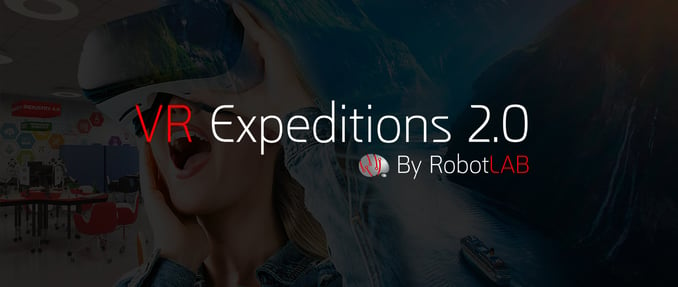
San Francisco, May 24th, 2021, - RobotLAB Inc., the leading educational robotics company, announced today the release of VR EXPEDITIONS 2.0 to the public. The company created the virtual field trip app in partnership with Encyclopedia Britannica and 360 cities.
- 0 Comments
- May 23, 2021 3:33:10 PM
- Posted by Natalia Galvis
- Topics: EdTech, STEM, Curriculum, teachers, students, Technology, VR, Realidad Virtual, Edchat, Digital Technology, teaching, online, Virtual Reality, virtual learning, lessons, eLearning
Three Key Points For schools opening in-person.
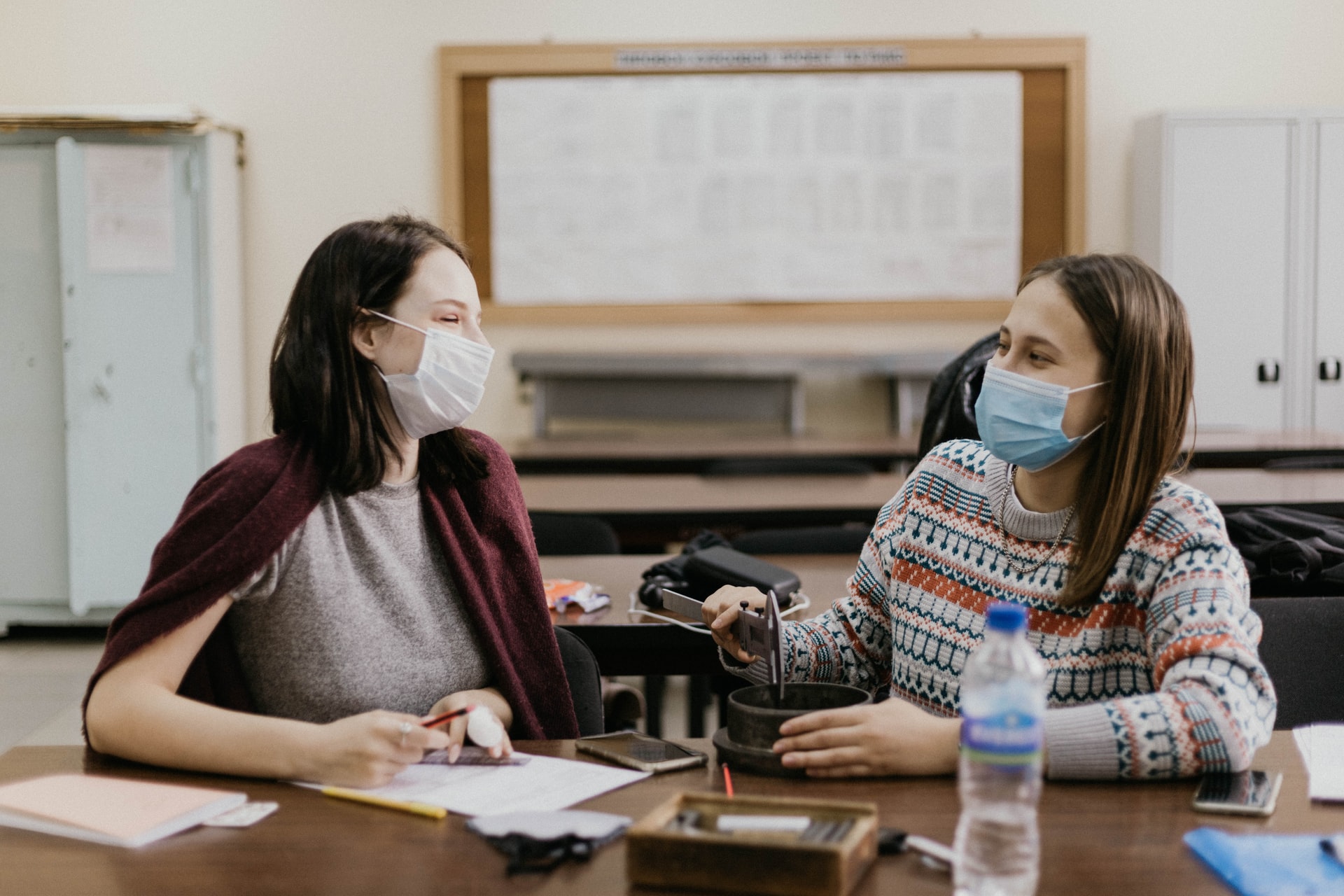 Photo by Mira Kireeva on Unsplash
Photo by Mira Kireeva on Unsplash
Businesses all over the world are slowly beginning to reopen, but schools and educational institutions face special challenges during this time period. Schools need to carefully plan their reopening strategy before restarting any in-person classes or programs. Here are three key points every school should consider:
- 0 Comments
- Apr 30, 2021 10:00:00 AM
- Posted by Natalia Galvis
- Topics: Math, Math Book, EdTech, STEM, Curriculum, teachers, students, Technology, VR, Realidad Virtual, AR, Edchat, Gendergap, Digital Technology, Augmented Reality, teaching, online, Virtual Reality, virtual learning, lessons
How to choose a STEM platform to support hybrid learning
An educator offers valuable insight on picking a STEM platform and technology provider that can withstand the rigors of today’s unique learning.
 Photo by Jeswin Thomas on Unsplash
Photo by Jeswin Thomas on Unsplash
- 0 Comments
- Apr 29, 2021 10:00:00 AM
- Posted by Natalia Galvis
- Topics: Math, Math Book, EdTech, STEM, Curriculum, teachers, students, Technology, VR, Realidad Virtual, AR, Edchat, Gendergap, Digital Technology, Augmented Reality, teaching, online, Virtual Reality, virtual learning, lessons
Relevant Posts
Popular Posts
Subscribe to Email Updates
-
I Want To Learn MoreADDITIONAL INFORMATION




